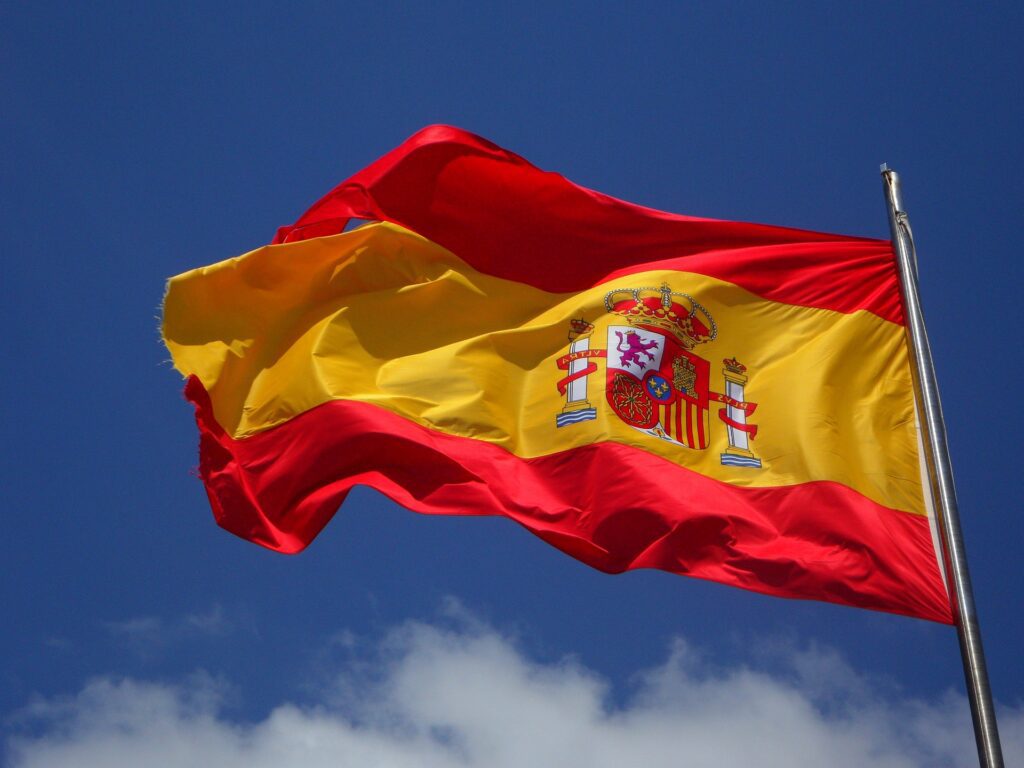According to this myth, Spain would prevent an independent Scotland from joining the EU so as not to encourage Catalan and Basque independence. However, Spanish ministers, both on the left (PSOE) and on the right (PP), have repeatedly denied they would veto Scotland’s entry into the EU.

As early as February 2012, the then Spanish foreign minister Jose Manuel García Margallo (PP) said, “If the two parts of the United Kingdom are in agreement that it is in accord with their constitutional arrangement, written or unwritten, Spain would have nothing to say. We would simply maintain that it does not affect us.”’1
Two years later, he stated that an independent Scotland’s admission to the EU “can be considered” as long as the move is “in accordance with the legal and institutional procedures”.2
In 2017, Alfonso Dastis, the foreign minister in Mariano Rajoy’s PP government, also made it clear they would not vote to keep an independent Scotland out of the EU. ‘Asked directly whether Spain would veto an independent Scotland joining the EU, Dastis said: “No, we wouldn’t.”3
It is true that Esteban González Pons (PP MEP) said in April 20194 that his party would employ the veto. However, crucially, he specified that it would only be used if Scotland became independent before Brexit was completed. Since Scotland, along with the rest of the UK, left the EU in February 2020, that threat is no longer valid.
In any case, Miguel Angel Vecino Quintana, then the Spanish Consul General in Scotland, reacted to González Pons’ comments in a letter to the Scottish Government in which he stressed it had never been Spanish policy to veto Scotland’s aspirations. The diplomat wrote: “The Spanish Minister for Foreign Affairs Mr Joseph Borrell (PSOE) has recently declared that Spain will not block Scotland’s entry into the European Union if independence is legally achieved and such has always been the intention of the Spanish Government.”1
In November 2018, Borrell, who is now Vice-President and High Representative of the EU for Foreign Affairs, also said “Why not? If [Scotland] leaves the UK in accord with the internal laws of the country and Westminster agrees, we are not going to be more papist than the Pope. Why would we oppose it?’5
Since then, Brexit and the UK Conservative government’s position on the Northern Ireland protocol have combined to reduce the already slim chances of Spain blocking Scottish accession to the EU.
In 2021, Kirsty Hughes, director of the Scottish Centre on European Relations said it wouldn’t be difficult for Scotland to rejoin the EU. “If there is a yes vote in a referendum … in the next five years, Scotland is going to still be very close to EU laws and legislation… So I think there is a fairly clear path to accession.” Regarding the Spanish veto, she said “Spain would be fine … as long as the independence process had been legal and constitutional, and what that will especially mean from Spain’s point of view and from other EU member states point of view is essentially that London and Edinburgh agreed it.”6
One reason the Spanish would not veto Scotland is to draw a distinction with Catalonia (and the Basque country). ‘An independent Scottish state could be recognised and accepted as a new member of the EU because its independence would have been achieved ‘in accordance with the legal and institutional procedures’ and with the support of the UK government. In the Spanish government’s view these two interrelated requirements – accordance with the domestic legal framework and approval from the central state – are not met in the case of Catalonia.’7
The most well-researched and authoritative document on the subject of an independent Scotland’s accession to the EU is ‘An Independent Scotland in the EU: Issues for Accession’, edited by Kirsty Hughes, March 2020.8 In contribution # 13 ‘The Fast Track Queue for EU Membership: Scotland versus the Western Balkans’ James Ker-Lindsay writes ‘Assuming Scotland’s independence is consensual, there is no reason to believe that Spain or the other EU members that have not recognised Kosovo would object to its membership.’ (p49)
So to sum up, the Spanish government has never said that it would veto an independent Scotland joining the European Union. As long as Scotland becomes independent legally and constitutionally with the agreement of the British government, Spain would happily accept Scotland as a member of the EU.
Bob Hastings – Europe for Scotland Ambassador in Spain. This document was updated on 10 August 2022
P.S. Steph Paton of the National has made an excellent video about the myth of the Spanish Veto. See it below:
References
1 https://www.thenational.scot/news/17819791.busted-but-spain-veto-scottish-membership-eu-/
6https://www.euronews.com/2021/05/10/how-easy-would-it-be-for-scotland-to-rejoin-the-european-union